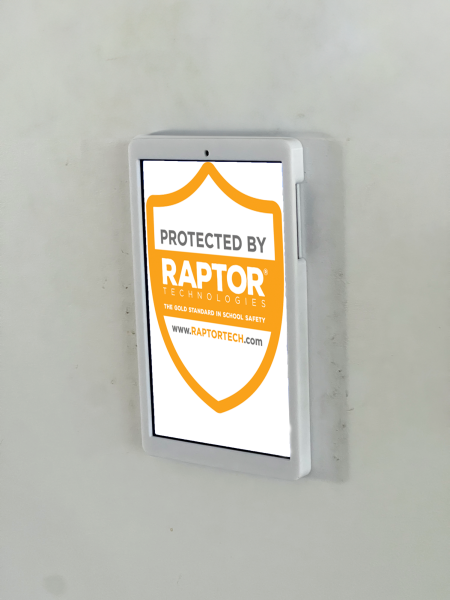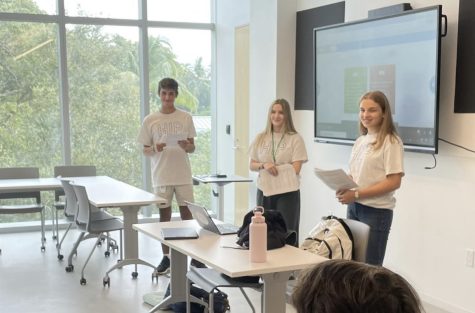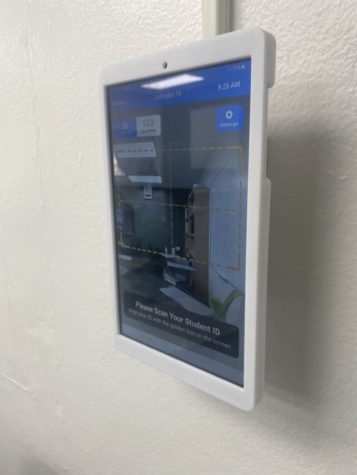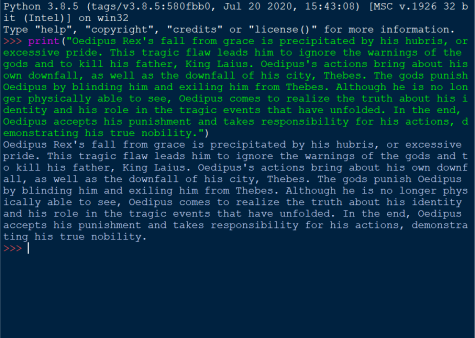From law firms to Sushi Maki, local businesses adapt to COVID
One of the most significant effects of the Coronavirus pandemic was the impact it would have on small businesses. Starting on March 13, the United States began to stay at home orders to stop the spread of the Coronavirus. As a result of the quarantine, people lost jobs and stopped spending money which damaged the economy, hurting many small businesses.
In early March, there was already a “softening in sales as people became concerned and certainly by the 13th when the shutdowns were announced we saw business change.” said Abe Ng, the owner of Sushi Maki in Coconut Grove.
Ng explained that when the pandemic first began, they saw a rise in Whole Foods locations sales as “people were panic buying in grocery stores.” However, as the quarantine went into effect, they saw the temporary closures of their Sushi Maki locations by the Miami Airport and the University of Miami. The Sushi Maki locations that remained open also saw a decrease in foot traffic.
Similarly, investment firms had to take heavy losses because of the economic shutdown. “Our investments are down on the year all really after what happened in March. There was a market panic in March, and though the market has rebounded since then, many companies were forced to sell their investments at a loss,” said Brett Evenson, a hedge fund manager.
While some businesses had to temporarily close, others had the option of going virtual. Some companies are having an easier time than others.
Jeff Bast, a partner at Bast Amron law firm, said they were “already set up with virtual access to the office, so everyone had the capabilities to dial into our system and work remotely.” Evenson had a similar experience, saying that, “everyone has been working from home, and that has gone very well.” Even in the restaurant business where human interaction is necessary, Sushi Maki has been able to adapt to the restrictions through a “strong delivery and carryout program.”
The pandemic has forced businesses to get creative to generate revenue. Ng, for example, found multiple ways to be creative, including a “Zoom Chef Instruction on Sushi Making” and other fun promotions such as a free roll of toilet paper with a carryout order.
Evenson also found ways to make a profit from the lowered interest by refinancing mortgages as a mortgage lender. Evenson remarked he was also able to “raise a new hedge fund to invest in assets that are attractive to buy now during the crisis.” He has been able to buy the same types of assets that he would have bought before the crisis, but the prices for these assets are much cheaper making it easier for him to buy more.
Bast explained that while he did not have to lay off any employees, his primary focus was figuring out new ways to help smaller businesses since they were usually hit harder by the pandemic. One outreach program that his law firm implemented was to shift to free consultations to any small business regardless of whether the company would hire his firm.
One of the changes in Bast’s practice has been the way people are managed. Bast said that he has opened his offices again and since then, he has “set the firm up into different teams, a team A and a team B… each team gets four days in the office and ten days away.”
Bast said he has set up multiple “touchpoints” with multiple zoom meetings throughout the week with the whole firm to allow people to stay in touch. “You can’t underestimate the value of human interaction,” Bast said.
In terms of opening restaurants like Sushi Maki, Ng said that first and foremost, he must make sure that his staff is safe. Sushi Maki has taken multiple precautions to ensure everyone’s safety such as limiting staff members in the kitchen or installing plexiglass at the cashier. Ng said that “our managers have set alarms and reminders on their phones so that the entire team washes their hands on a regular basis.”
As business owners look to the future, they are thinking about what will change in their approach and what they can do to cope with these changes. Evenson believes that the “prospect of a pandemic as a risk” will now be more apparent. He also added, “it will be a lot easier to work from home, and I expect a portion of the workforce to work from home more of the time.”
Bast made a similar point stating, “I think we will end up seeing a lot more of us not going remote full time but working remote maybe once or twice a week or one week a month.” Bast added that he still must overcome the loss of human interaction between a lawyer and a client and figure out how much office space his firm will need.
Ng believes that a lot more will become digital in restaurants with things like touchless payment and all menus being on QR codes. Ng also believes that eating at home will continue to grow and that the trend will accelerate. “These things that were happening over the next six years happened in six weeks.” As for eating out, Ng said outdoor seating will continue to be more popular. To keep up with these changes, Ng is planning to hire more “digital natives” from the younger generation.
Many businesses may never reopen because of the virus. According to the Miami Herald, almost 3,000 businesses closed as a result of the pandemic with almost 2,000 of those being permanently closed as of July. But for those that do reopen, there may be many permanent changes that companies will have to cope with. The pandemic has shown that businesses can figure out how to make things happen in this era of great technological capabilities.
Jackson Mopsick '21 is a staff writer for the Catalyst.











